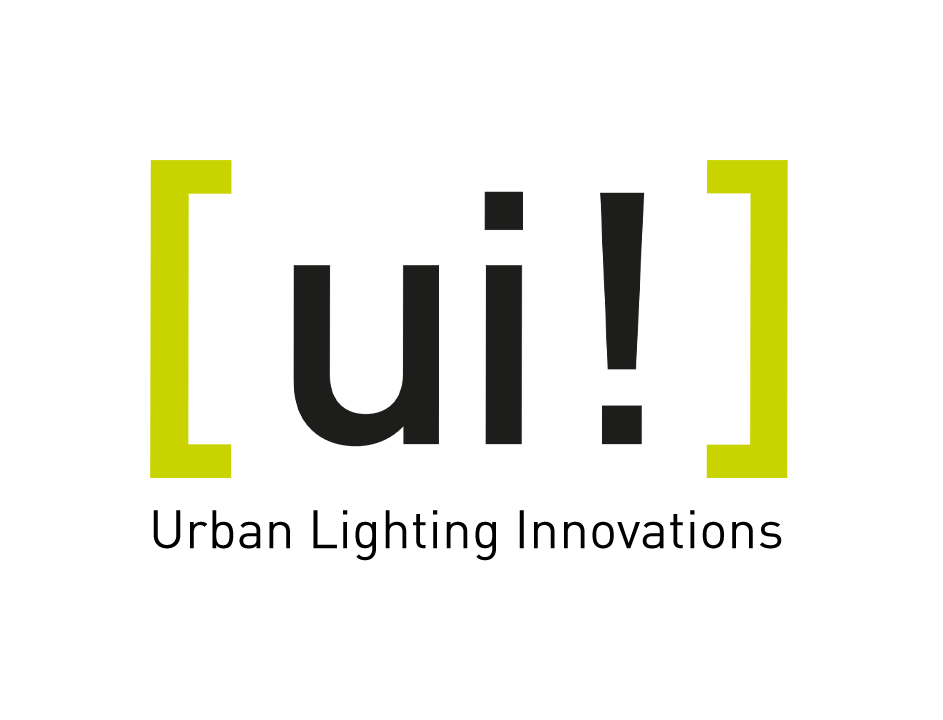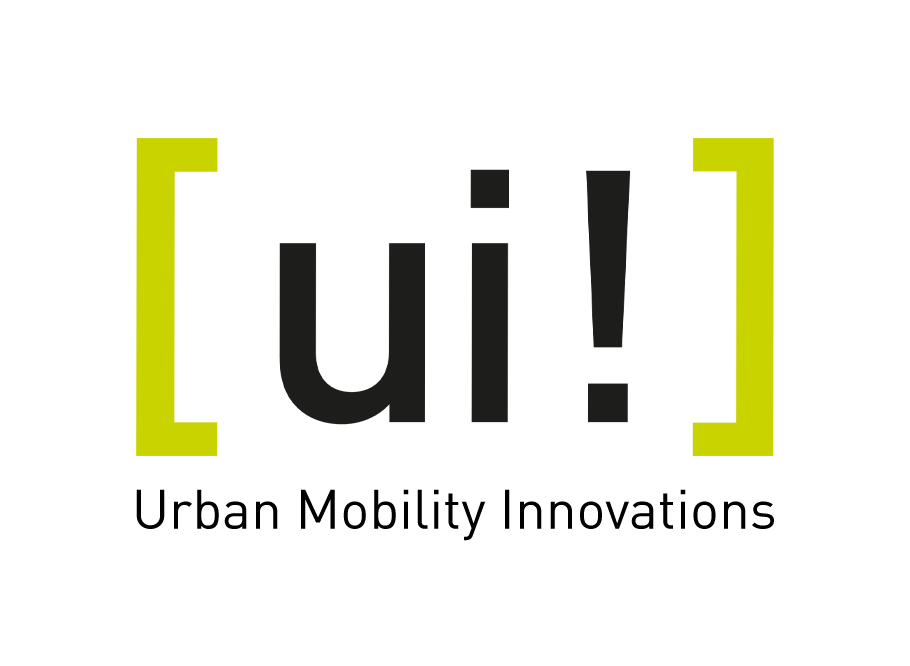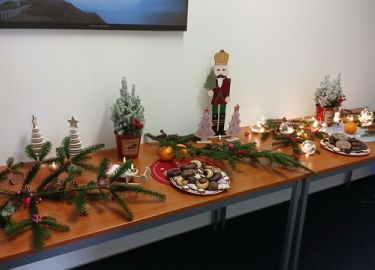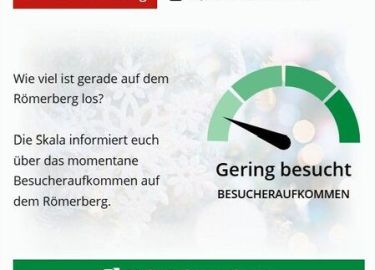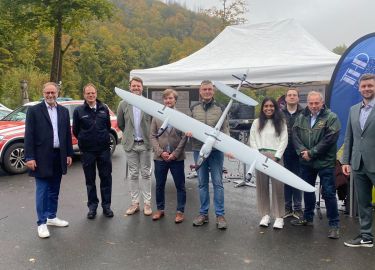Accomplished - [ui!] involved in the real laboratory for alternative forms of mobility
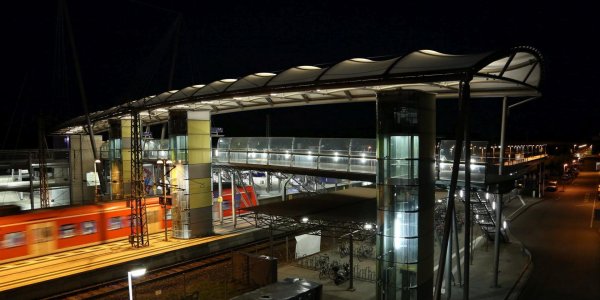
With around 30,000 daily commuters and the associated morning traffic jams and delays in the Wiesloch-Walldorf area, it had become necessary to think about alternative forms of mobility in order to improve the current situation as quickly as possible.
For this purpose, a special-purpose association MetropolPark Wiesloch-Walldorf was founded, which has made it its mission to launch a lighthouse project together with other partners and the Rhine-Neckar district. The aim is to create new infrastructures that promote the switch to sustainable modes of transport, identify and test an inter-communal mobility strategy, create sustainable mobility awareness among commuters, and help develop new mobility offers and technologies and bring them to market maturity.
The plan is to set up a "real laboratory for networked and sustainable commuter mobility," focusing on mobility stations that will enable commuters to switch between buses, trains, bicycles and cars. It will also focus on solutions for public transportation with automated vehicles and a charging infrastructure for e-cars.
In order to finance these sustainable goals, the company participated in the RegioWIN 2030 competition in the state of Baden-Württemberg, which attempts to systematically initiate future-oriented regional development processes on a broad scale. More specifically, regional forces and resources are to be bundled to enable sustainable urban and regional development.
As a result of winning RegioWin 2030, around five million euros from European ERDF funds and a further two million euros from the state of Baden-Württemberg are now expected to flow into the lighthouse project, which will invest a total of twelve million euros in sustainable mobility in the Rhine-Neckar district over the next few years.
"A sensational success for an extraordinary project," says District Administrator Stefan Dallinger. Danyel Atalay, head of the Rhine-Neckar district's economic development department, also emphasizes the great cooperation within the district office and with external partners: "The trusting cooperation with the participating communities and economic partners, who will implement the project over the next few years, was crucial to this success."
In addition to the MetropolPark Walldorf-Wiesloch, the Rhine-Neckar district and the cities of Walldorf and Wiesloch, the project consortium also includes the companies SAP SE, Heidelberger Druckmaschinen AG, VRN GmbH, MVV Energie AG, Trapico GmbH as a subsidiary of SWEG AG, Urban Software Institute GmbH, ioki GmbH and FERNRIDE GmbH.
[ui!] supports this initiative as part of the consortium by developing and prototyping a mobility platform for the Wiesloch-Walldorf MetropolPark association based on [ui!] M2LIFE together with its partners (VRN and SAP). This will provide the participating communities with mobility data on the entire commuter flows for the first time and enable them to use this data for sustainable mobility planning and control.
The next step will be to finalize the concept, for which the Mobility Unit will hire its own project manager. Subsequently, the project will be implemented under the direction of the Metropol-Park Walldorf-Wiesloch association, which will continue to be supported by the Rhine-Neckar district's economic development department in a spirit of trusting cooperation.
In the end, all partners involved and all citizens of the communities of Wiesloch and Walldorf hope that this lighthouse project, in the form of a real laboratory, will lead to a noticeable improvement in the daily burden of commuter traffic and that the experience gained can be passed on to other communities in the state to enable alternative forms of mobility throughout the state.
Source: www.Rhein-Neckar-Kreis.de




